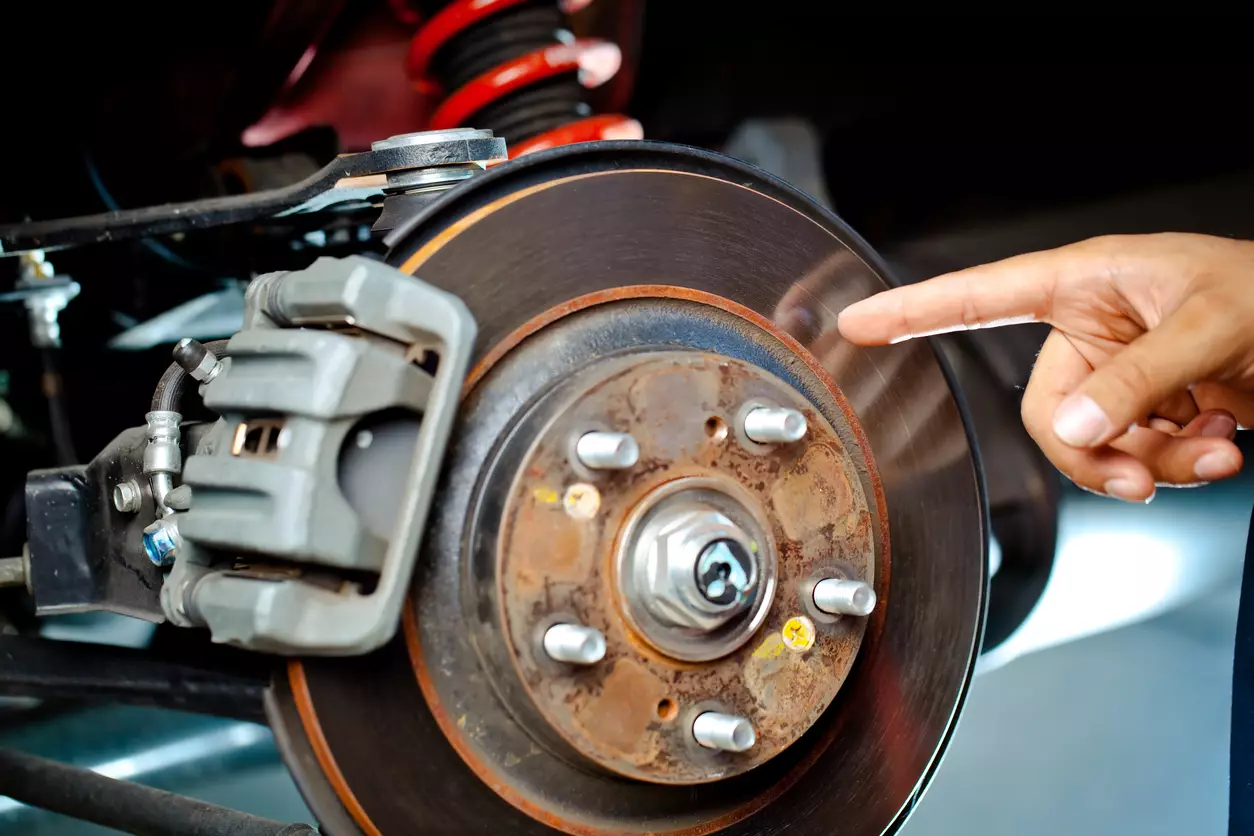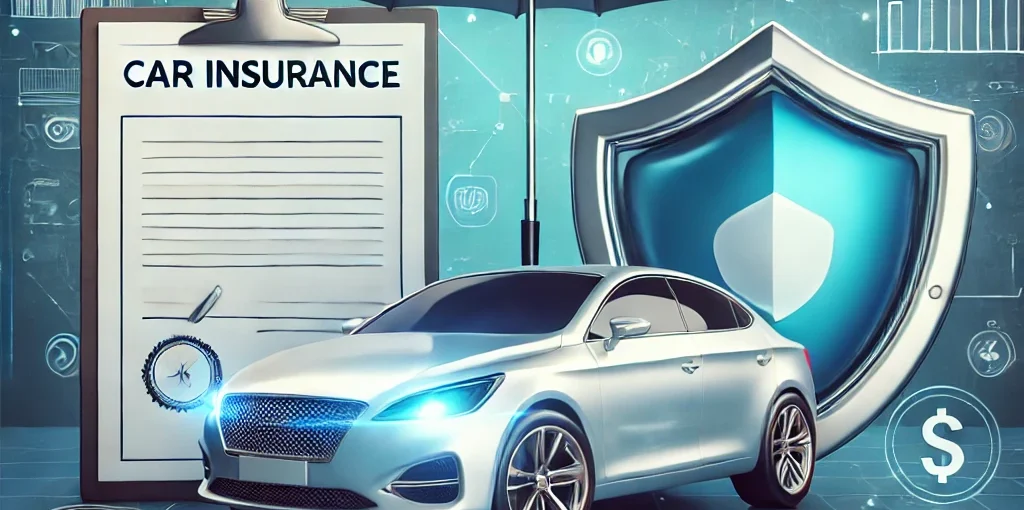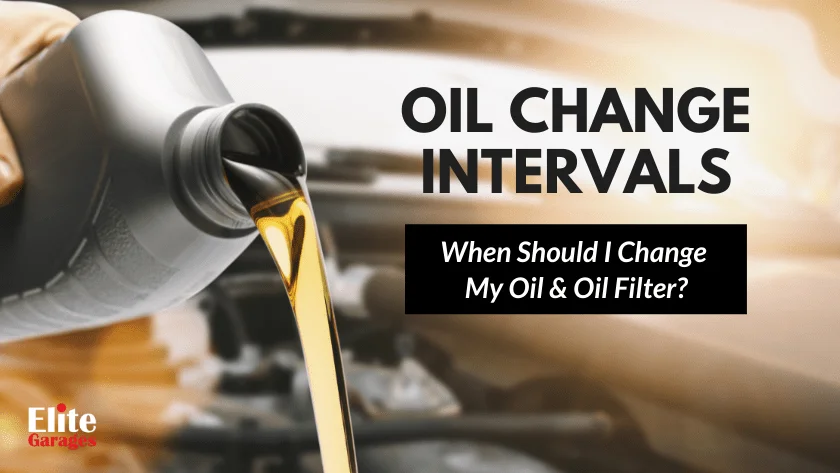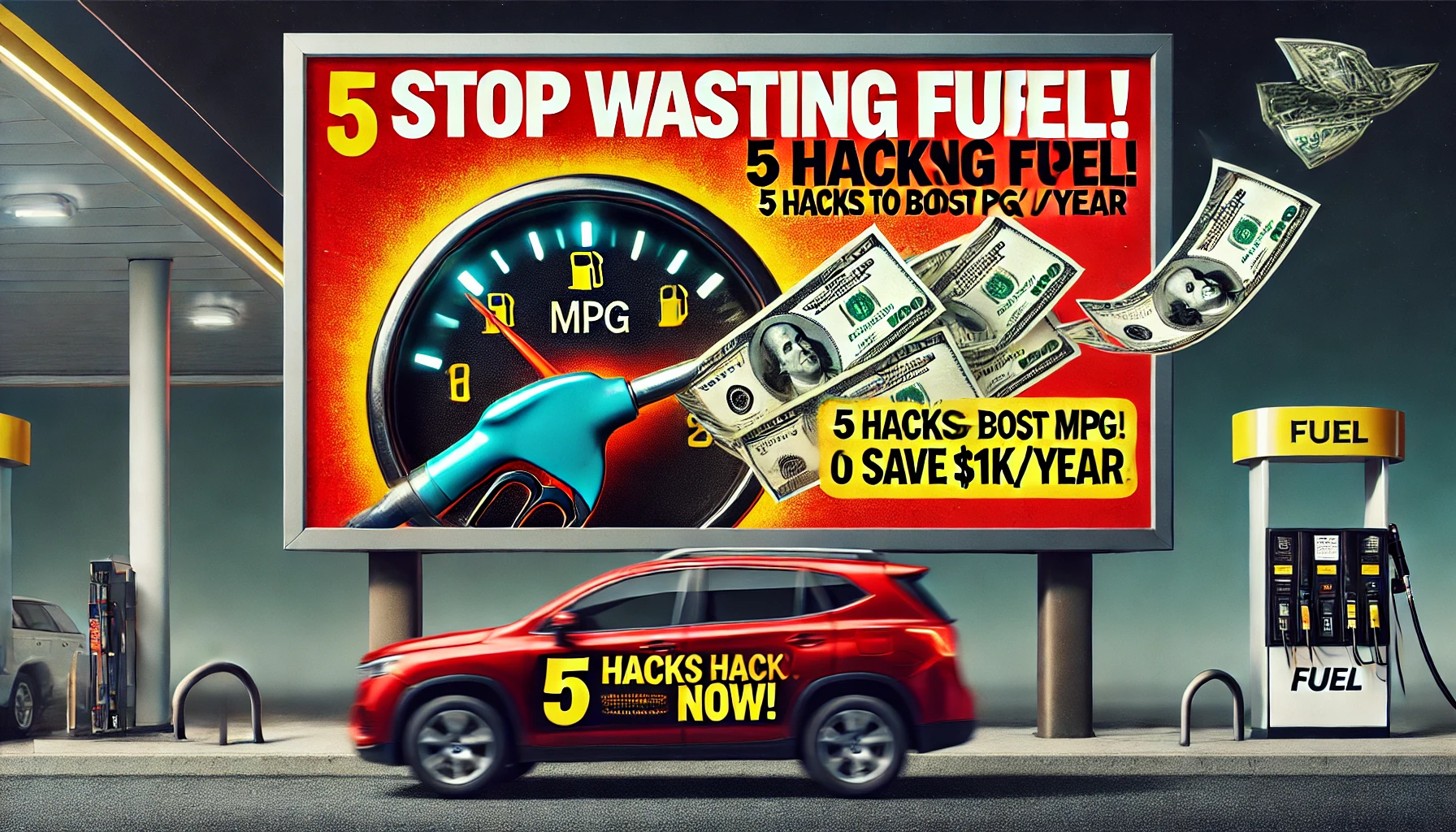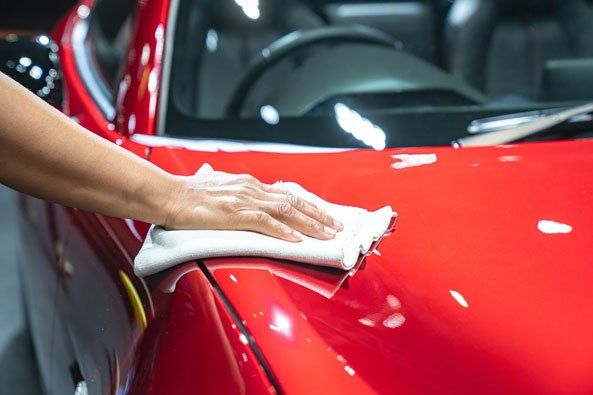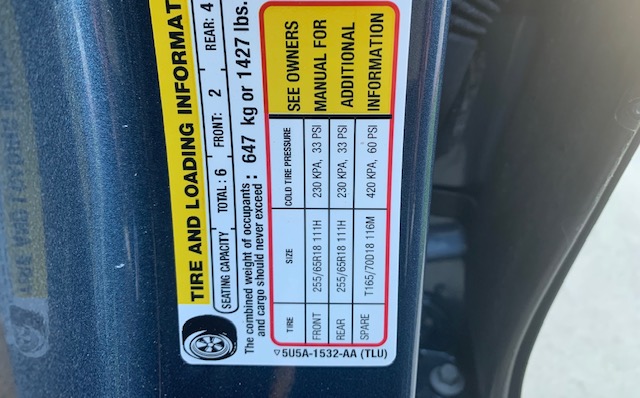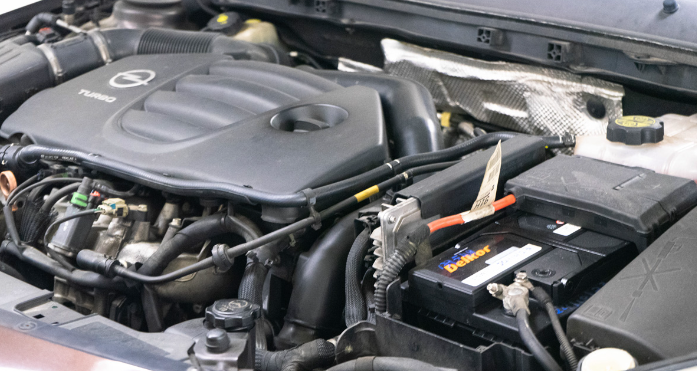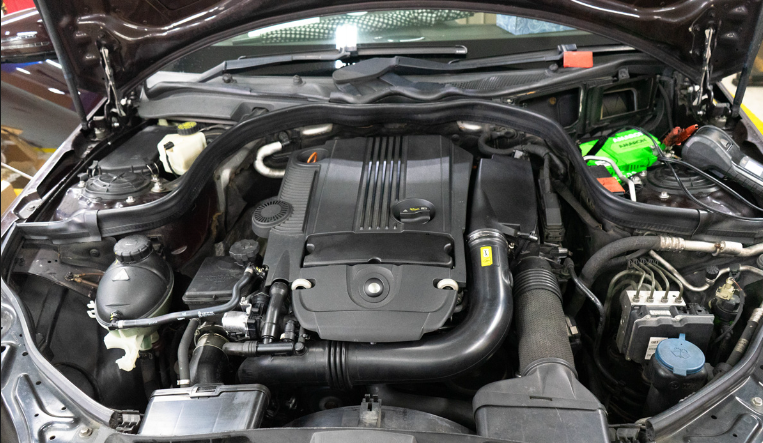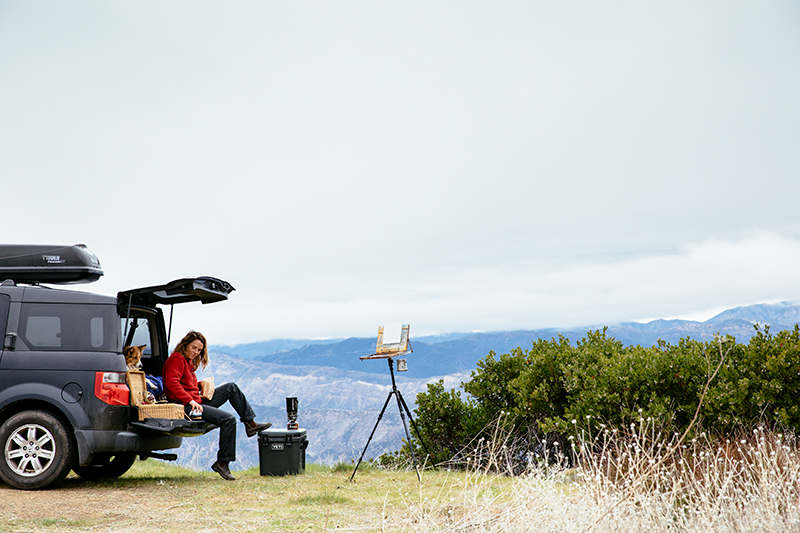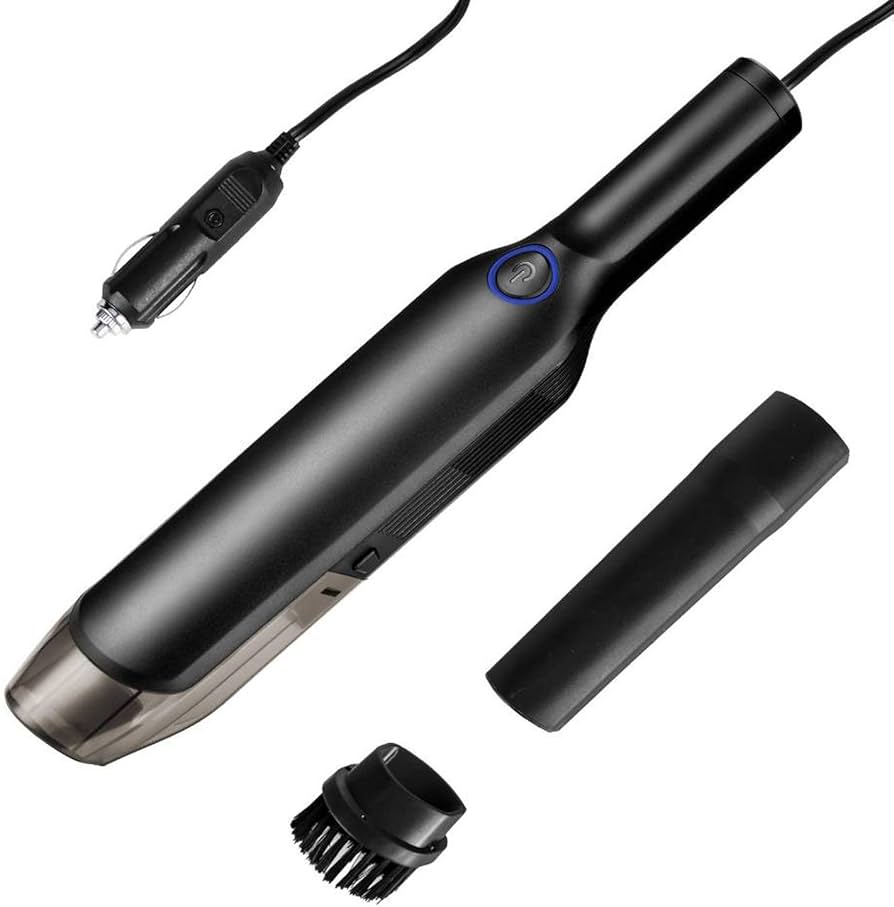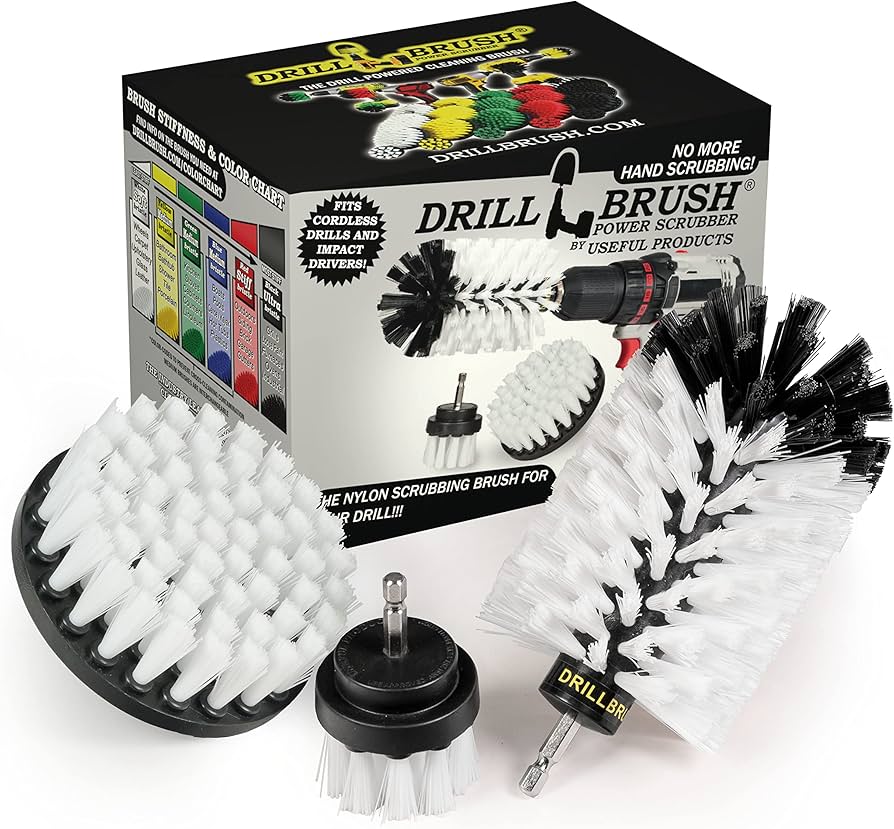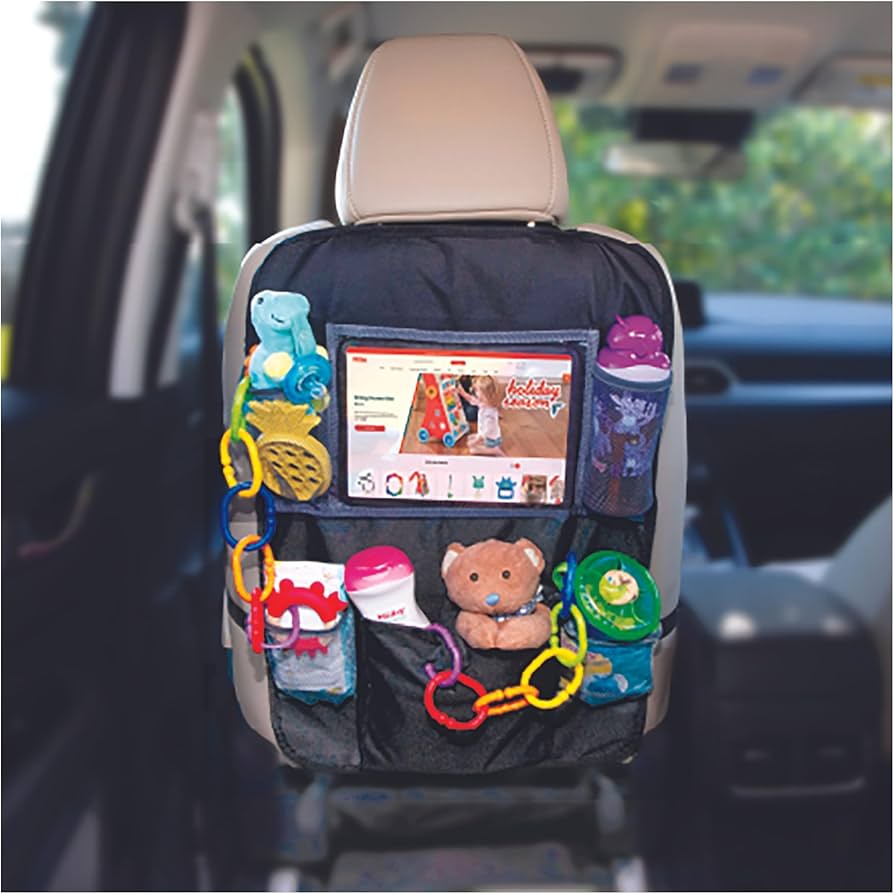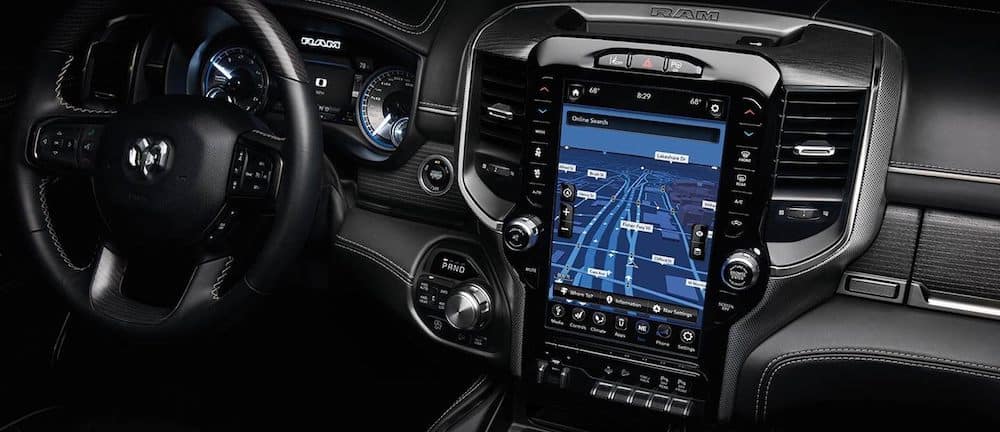Key Takeaway
✅ The condition of the brakes is a crucial factor that affects how long you can drive on grinding brakes. Regular maintenance and inspection can prevent brake failure and accidents on the road.
✅ The type of road and speed of the car also play a significant role in determining the safe driving distance on worn-out brake pads. It is recommended to keep a safe distance from other vehicles and drive at a lower speed if you notice your brakes grinding.
✅ Driving with grinding brakes can lead to risks such as failure of the braking system and accidents on the road. It is crucial to take immediate action and seek help from experts to prevent further damage and ensure your safety on the road.
Factors Affecting How Long You Can Drive on Grinding Brakes
When it comes to grinding brakes, there are a multitude of factors that come into play in determining how long you can continue driving.
As a driver, it’s important to be aware of the various factors so you can make informed decisions when faced with the situation.
- One factor is the condition of your brakes – worn brake pads or rotors can increase the likelihood of grinding and make it necessary to stop driving immediately.
- Another factor is the type of road you’re driving on – stop-and-go traffic or hilly roads may accelerate the wear and tear on your brakes.
- Additionally, your speed and other external factors like weather and traffic conditions can all impact your ability to drive safely on grinding brakes.
Condition of the Brakes
The brakes’ state is a crucial determinant of how long you can drive on them. Worn-out brake pads or deposition of debris on brake calipers or rotors can cause grinding.
This leads to deterioration in their performance and increases the risk of accidents on the road.
In such cases, driving at lower speeds and maintaining a safe distance from other vehicles becomes essential to prevent further damage to the braking system.
Regular cleaning of brake calipers and rotors, changing brake pads frequently, and seeking help from experts can keep your brakes in good condition for an extended period.
According to a recent study by Cars.com, “Driving with worn-out break pads can increase the chances of an accident by up to 30 percent.”
Driving on a bumpy road with grinding brakes is like trying to play Jenga after a few drinks, it’s just asking for a disaster.
Type of Road
Driving on different types of roads affects how long you can drive on grinding brakes. Here are some factors to consider:
| Type of Road | Effect |
| Highway/Freeway | The abrasiveness of pavement wears on brake components, reducing their lifespan and increasing the risk of failure. |
| City/Town Streets | Frequently stopping or moving at lower speeds increases the frequency and intensity of brake use, accelerating wear and tear on components. |
| Rural/Gravel Roads | Inconsistent terrain means brakes must work harder to slow down the vehicle, leading to faster deterioration in components. |
It’s essential to keep in mind that various types of roads present different challenges when driving with grinding brakes. Avoid steep slopes or mountainous terrains as these increase the workload and therefore increase brake damage.
The longevity of your car’s braking system depends highly on various conditions such as driving behavior, road conditions, and weather.
According to Drive-Safely.net, Driving with grinding brakes puts both yourself and other road users at risk.
Going fast with grinding brakes is like trying to swim with an anchor tied to your leg.
Speed of the Car
The velocity of the vehicle has a significant impact on how long you can drive on grinding brakes.
At higher rates, the brakes get more wear and tear, reducing their effectiveness and potentially causing them to fail completely.
Therefore, it is critical to maintain a safe and constant speed while driving with grinding brakes.
Driving at a steady pace will prevent excessive use of the brakes, allowing them to cool down between applications and reducing the danger of overheating.
This will allow you to travel for longer periods before requiring repairs or replacements.
To reduce the risk of accidents, keeping a greater distance from other cars is suggested when driving at a lower pace.
If in an emergency situation, sudden maneuvers with worn-out brake pads may cause the car to lose control or trigger an accident.
In order to avoid driving with grinding brakes altogether, it is important to replace brake pads regularly and clean calipers and rotors periodically.
Seeking advice from professionals could be beneficial in preventing damage or having further complications arise in your vehicle’s brake system.
Because Murphy’s Law applies to cars too, there are always other factors that can make driving on grinding brakes a nightmare.
Other Factors
Apart from the condition of the brakes, the type of road, and the speed of the car, several other factors can affect how long one can drive on grinding brakes.
These other factors significantly include weather conditions, the weight of the car, driving style, and frequency of braking.
Furthermore, driving uphill or downhill can also have a significant impact on how long it is safe to drive on grinding brakes.
It is essential to note that these other factors may differ in their intensity and effect from car to car.
For instance, a heavier vehicle might experience greater wear on its braking system than a lighter one when regularly driven in hilly areas.
Similarly, a driver who often engages in sudden stops while driving on rough roads may find their brake pads wearing out faster than someone who primarily drives on highways.
Factors such as these should not be overlooked as they can significantly impact the lifespan of a vehicle’s braking system.
Drivers must consider all relevant elements that contribute to their brake pad’s wear and make necessary adjustments where possible.
An example of this involves cars used for commercial purposes that regularly drive through difficult terrain; their brakes are more prone to regular wear and tear.
However, by seeking expert advice and properly maintaining their braking system consistently, such vehicles would operate safely for prolonged periods without issue.
Driving on grinding brakes is like playing a game of Russian roulette with your car’s braking system.
How Long Can You Drive on Grinding Brakes?
Brake grinding is a warning sign that your vehicle needs immediate attention. Continuing to drive your car with grinding brakes can lead to dangerous situations.
The duration for which you can drive on grinding brakes may vary for each situation.
However, it is advisable to get your vehicle inspected by a professional mechanic as soon as possible. Driving on grinding brakes can damage the rotor and result in expensive repairs.
Avoid taking any risk to your safety and the well-being of your vehicle. Have your brakes checked immediately if you observe any grinding noises while driving?
Ignoring the early warning signs of grinding brakes may lead to more severe problems.
Prolonged driving on grinding brakes can cause the brake pads to wear out, which may expose the metal and heat up the rotor.
This heat can cause the rotor to warp and eventually fail, resulting in a loss of braking power.
Replacing worn-out brake pads and damaged rotors will cost more than routine brake maintenance.
Therefore, it is advisable to get your brakes checked regularly and address the problem as soon as you observe any warning signs.
In the case of grinding brakes, it is recommended not to drive and wait for a mechanic to inspect the issue. A professional mechanic can assess the damage, provide an estimate, and repair it accordingly.
Driving on grinding brakes can cause more damage and increase the repair cost.
It is crucial to fix the problem immediately before it leads to a dangerous situation. Taking care of your vehicle’s brakes will ensure your safety and prolong the life of your vehicle.
To avoid driving on grinding brakes, you should regularly inspect and maintain your brakes.
Brake pads should be replaced before they wear out completely. It is advisable to replace brake pads every 30,000 miles or as per the manufacturer’s recommendation.
Also, it is essential to get your vehicle inspected by a professional mechanic regularly. Proper maintenance of your brakes will ensure your safety and avoid any costly repairs.
Remember, the safety of yourself and others on the road should be your top priority.
Risks of Driving with Grinding Brakes
As a driver, it is crucial to ensure the safety of yourself and others on the road. One commonly overlooked aspect of safety is maintaining the condition of your braking system.
The risks of driving with grinding brakes are severe and could lead to potentially life-threatening situations. In this section, we will examine the consequences of failing to address this issue.
We will explore the possibility of complete brake system failure and the increased risk of accidents on the road. It’s alarming to note that the National Motor Vehicle Crash Causation Survey estimates that approximately 22% of vehicular accidents are caused by brake-related issues.
Failure of the Braking System
The braking system is an essential component of any vehicle, and its failure can have catastrophic consequences.
When the braking system fails, it could be due to several reasons such as worn-out brake pads or deposition of debris on brake calipers or rotors.
This failure could cause the vehicle to malfunction and lead to accidents on the road. Therefore, it is crucial to keep the braking system in good condition at all times.
If the failure of the braking system occurs while driving, it is imperative to take immediate action.
The driver should slow down their speed gradually and avoid sudden brakes that could further damage the system. Additionally, they should maintain a safe distance from other vehicles to avoid any incidents.
Proper maintenance of the braking system is crucial in preventing brake failures. This includes changing brake pads frequently and cleaning brake calipers and rotors regularly.
Seeking help from experts can also aid in identifying potential issues early on and resolving them before they become major problems.
Pro Tip: Regular inspection and maintenance of the braking system are critical for ensuring optimal performance and avoiding failure on the road.
Driving with grinding brakes is like playing Russian roulette on the road, except the gun is your car and the bullets are other vehicles.
Accidents on the Road
A common risk associated with driving on grinding brakes is the likelihood of accidents on the road.
The worn-out brake pads or deposited debris on brake calipers and rotors can lead to a failure of the braking system, causing accidents.
The situation cannot be taken lightly as the driver might lose control of the vehicle while driving at high speed or make sharp turns, especially while trying to avoid other cars.
It is always recommended to drive at a lower speed and maintain a safe distance from other vehicles to avoid any mishap.
However, in the event of an accident due to grinding brakes, one should try to move toward a safer location and immediately seek help from experts for professional assistance.
Pro-tip: Regular check-ups and maintenance of brake systems can effectively reduce the chances of accidents on the road due to grinding brakes.
Your car’s brakes may be grinding because they’re tired of stopping your bad driving habits.
Reasons Behind Grinding of Car Brakes
When you’re driving, the last thing you want to hear is the sound of grinding brakes. But what causes this ominous noise? Let’s dive into the reasons behind grinding car brakes.
Over time, your brake pads can wear down, causing the metal to rub against the metal and create a grinding sound.
Additionally, debris can build up on brake calipers or rotors, which can also lead to grinding brakes.
Whether it’s worn-out brake pads or debris build-up, it’s crucial to identify the cause of this issue as soon as possible.
Worn-out Brake Pads
When brake pads become worn out, it can cause grinding and increase the risk of failure in the braking system. This can lead to accidents on the road as the car may not be able to stop properly.
To prevent this, it is important to replace worn-out brake pads regularly.
Worn-out brake pads are a critical issue for safe driving as they prevent the brake calipers from coming in contact with the rotors leading to a lack of control, increased risk, and potential safety hazards.
It is important to keep brakes in good condition through regular maintenance routines such as changing brake pads frequently and cleaning brake calipers and rotors on a fixed schedule.
Ensuring regular maintenance routines provide peace of mind while driving, keeping both driver and passengers secure on the road.
Brake pad replacements should never be put off, and should always be replaced immediately if they start grinding or making unusual noises.
One suggestion is to take your vehicle to a trusted mechanic if you notice anything affecting your brakes’ performance like noise, slippages or squeaks.
Professional mechanics with automotive knowledge will identify whether it’s time for new brake pads or any other precautions like cleaning and lubricating certain areas necessary for optimal functioning without unnecessary risks.
Looks like your brakes decided to throw a party and now there’s debris all over the place – time for some cleanup on aisle brake calipers and rotors.
Deposition of Debris on Brake Calipers or Rotors
When debris accumulates on the brake calipers or rotors, it can result in braking noise and an impact on the car’s performance.
This is called the deposition of debris on brake calipers or rotors. The debris buildup can comprise dust, rust particles, and metallic fragments.
The presence of any foreign material trapped between the brake pad and rotor causes rubbing and increases the heat generated in these parts.
This friction results in reduced effectiveness of brakes while driving, leading to grinding noises.
The development of advanced braking systems such as ABS (anti-lock braking system) has helped reduce this issue by ensuring improved braking control.
Not cleaning the car’s brakes regularly leads to the accumulation of residues that may impair your brake system’s function in the long run.
In extreme cases, it might lead to scorched rotors requiring entirely new replacements. Hence, it is critical to ensure that you clean them frequently.
Debris deposition on brake calipers or rotors has been a common occurrence for many years. Mechanics discovered this issue in automobiles during their routine maintenance operations.
As vehicles have become more advanced with upgraded sensors and diagnostic capabilities, it has become easier for car owners to narrow down any potential issues with their vehicles’ brakes before they worsen – including deposition of debris on brake calipers or rotors issues amongst others.
When your brakes start grinding, drive slower than a snail on tranquilizers and keep a safe distance from other cars – trust me, no one wants to be close to a car that sounds like a metal grinder on wheels.
What to Do if Brakes Start Grinding on the Road?
As a driver, there are few things more alarming than hearing your brakes start to grind on the road. When this happens, it’s important to act quickly and take steps to address the issue.
One option is to drive at a lower speed, which can help to reduce the amount of heat generated by the grinding and avoid further damage to the braking system.
Additionally, it’s crucial to keep a safe distance from other vehicles to ensure that you have enough time to brake gradually and avoid any sudden stops.
These steps are key to staying safe on the road and addressing a potentially dangerous problem.
Drive at a Lower Speed
Reducing speed could increase the lifespan of grinding brakes. This can decrease the risk of accidents caused by failure of the braking system.
Driving slow minimizes the heat build-up in brake pads or rotors, which enhances their performance and helps prevent premature wear.
Driving at a lower speed is a preventative measure to reduce risk and prolong brake life.
In turn, prolonging brake life prevents accidents on the road and avoids catastrophic failures of your car’s braking system. Slowing down provides more time for the brakes to engage safely when necessary.
It is important to note that driving too slowly may be just as dangerous as driving too fast depending on traffic situations.
When it comes to unexpected stops or lane changes, drivers who are traveling slower than normal traffic may not have enough time to react, causing further problems on the road.
Pro Tip:
Always drive at an appropriate speed limit according to specific driving conditions and avoid sudden stops or starts as much as possible to keep your vehicle running smoothly with grinding brakes.
Driving too close to other vehicles is like playing a game of bumper cars with your safety at stake.
Keep a Safe Distance from Other Vehicles
To avoid collisions while driving with faulty brakes, it is vital to maintain a significant distance from other vehicles on the road.
Properly keeping a safe distance from other vehicles also ensures that you have enough time and space to react to any sudden changes on the road.
In this case, it is essential to ensure that your braking system is functioning optimally and keep your eyes glued to both sides of the rearview mirror while driving, especially if you are driving on busy roads.
It’s crucial not to tailgate and stay within the prescribed speed limit so that drivers behind you can pass freely if need be.
Keep in mind that driving too close to the person ahead could lead them into making rash decisions or panicking and slowing down unnecessarily at times when one needs quick acceleration or braking capacity.
Moreover, according to authorities, keeping a distance equal to three seconds of overtaking time between any two cars while traveling at moderate speeds generally works best for safety purposes.
So, always maintain an adequate following distance for the safety of everyone involved while driving with grinding brakes.
According to ‘AutoGuide,’ 2019 accidents statistics report, rear-end accidents usually account for a large percentage of car crashes each year caused explicitly by not keeping a safe enough following distance from other vehicles when there is an issue with the car’s brakes- resulting in possible fatalities.
Keeping your brakes in top shape is like giving them a spa day – frequent replacements, regular cleaning, and some expert help go a long way.
How to Prevent Car Brakes from Grinding
From multiple past experiences of hearing high-pitched noises while pressing the brake, I never imagined it could be as bad as driving on grinding brakes.
Grinding brakes are not only dangerous but can also be costly in terms of repair. That’s why I’ve discovered some preventive measures to maintain excellent working brakes.
Firstly, it’s crucial to change brake pads frequently. Secondly, cleaning brake calipers and rotors regularly can significantly help.
Lastly, it’s essential to understand when it’s time to seek professional help. Following these preventive measures can save not only our money but also our lives.
Changing the Brake Pads Frequently
To maintain optimum braking performance and ensure road safety, it is crucial to replace the brake pads periodically.
- Inspect the Brake Pads
- Inspect the brake pads for any signs of wear and tear. Look out for a thickness of less than 1/4 inch or any cracks in the surface.
- Remove Old Brake Pads.
- Next, remove the old brake pads carefully by loosening the bolts connected to the caliper. Use a C-clamp to push back the piston cylinder before removing its retaining clip.
- Install New Brake Pads.
- Finally, install new brake pads in place of old ones after greasing them. Tighten all bolts and replace any clips removed initially.
Keeping track of mileage, driving conditions, and noises can help determine when to change brake pads frequently for optimal performance and safety on roads.
It is essential to seek professional help if one faces problems in changing brake pads or detects unusual sounds emanating from brakes.
According to Car Maintenance Tips from dummies.com, failing brakes cause more than 50% of car accidents every year. Clean brakes are happy brakes, and happy brakes make for safe driving – so don’t skip on cleaning those calipers and rotors!
Cleaning Brake Calipers and Rotors Regularly
To maintain the safety of your vehicle on the road, regular cleaning of brake calipers and rotors is necessary. Dirty components can lead to grinding brakes, affecting their performance.
Here are some essential steps to follow for cleaning brake calipers and rotors regularly.
- Remove the Wheel: Before starting the cleaning process, remove the wheel of the car.
- Clean Brake Components: Clean brake components like calipers and rotors with a specialized cleaner or brake fluid that dissolves the grime or dust.
- Lubricate Caliper Slides: Lubricate each caliper slide with a high-quality lubricant for smooth movement.
- Reassemble All Parts: After cleaning, check all parts’ condition before reassembling them onto wheels.
Cleaning brake calipers and rotors regularly will prolong their life and prevent you from facing unexpected braking failures due to dirt buildup. Ignoring this maintenance could also result in expensive repairs caused by corrosion or part replacement needs.
DIY brake repair? Leave it to the experts, or you might end up with a different kind of grind.
Seeking Help from Experts
When faced with a grinding brake issue, it is crucial to seek help from experts. Professional guidance can prevent the braking system’s failure, ensure road safety and prevent accidents.
Furthermore, seeking expert help can also help identify the root cause of wear and tear such as high-speed driving or debris build-up.
Experts recommend visiting a certified mechanic in case of brake grinding issues. They can accurately diagnose the problem and suggest appropriate measures to fix it.
Moreover, they may be able to identify other potential repair requirements that you might have overlooked. Seeking professional guidance guarantees timely repairs and prevents any unforeseen problems.
It is essential to trust only reputable and trustworthy mechanics who possess extensive experience in resolving brake issues holistically.
Their expertise provides accurate diagnosis while their recommendations guarantee long-lasting resolutions for your car’s braking system.
Pro Tip: Regular maintenance of your vehicle’s brakes by certified professionals prevents grinding issues while prolonging the lifespan of your car’s brakes.
Some Facts (Source: Team Research)
✔ On average, a car can be driven about 1500 miles with grinding brakes.
✔ The exact number of miles will depend on factors such as the condition of the brakes, what the road is like, and what speed you are driving at.
✔ Continuing to drive with grinding brakes for a long time can cause the whole braking system of your car to fail.
✔ The grinding of car brakes may be caused by worn-out brake pads or the deposition of debris on the brake calipers or rotors.
✔ To prevent car brakes from grinding, you should change the brake pads frequently, remove dirt from brake calipers and rotors, and get an expert to look at it.
FAQs
What causes grinding noise in car brakes?
How long can you drive with grinding brakes?
What should you do if your car brakes start grinding on the roads?
How can you prevent car brakes from grinding?
What is the distance to drive with grinding brakes?
How important is car safety when it comes to vehicle maintenance?
Final thoughts
Take Care of Your Car’s Brakes to Ensure Your Safety on the Road
Your car’s brakes are a critical safety feature that requires regular upkeep. Neglecting your brakes can lead to dangerous situations on the road.
To ensure your safety while driving, it is important to take care of your car’s brakes.
Proper maintenance of your car’s brakes is crucial for staying safe on the road. Neglecting to care for your brakes can lead to dangerous and potentially deadly situations.
Taking the necessary steps to maintain your brakes can help you avoid these dangers and ensure your safety.
Regular check-ups and repairs are key to keeping your brakes in good working order.
Properly functioning brakes will give you the ability to stop quickly and avoid accidents. Ignoring the condition of your brakes can put you and your passengers at risk.
One famous example of the dangers of neglected brakes is the Hindenburg disaster. While airships operate on different braking systems, the disaster serves as a reminder of the devastating potential consequences of brake failure.
It is important to take care of your car’s brakes to prevent catastrophic accidents.
Resource: Understanding Brake Systems
